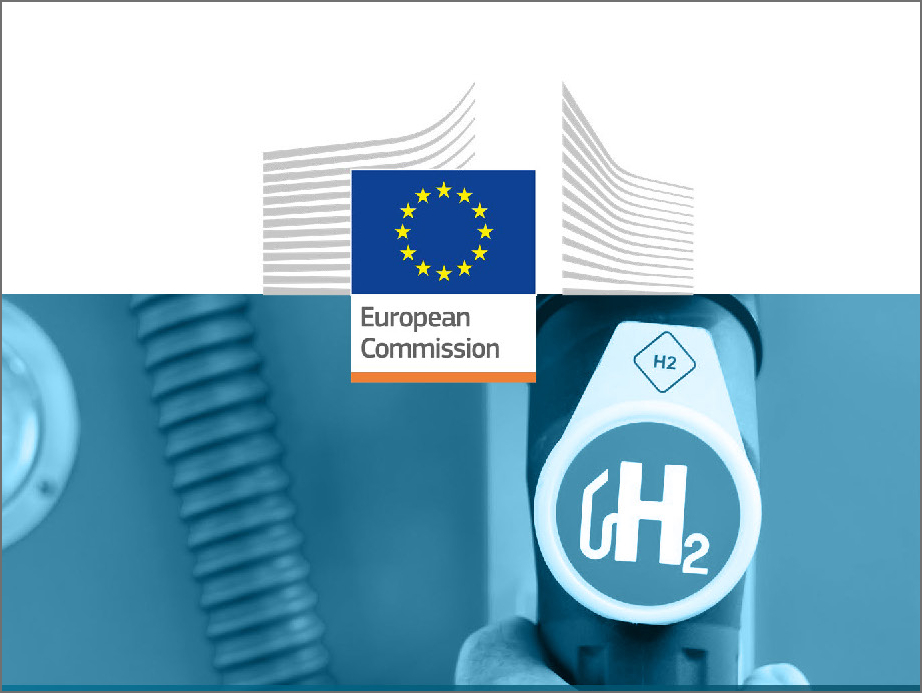Not in my backyard: Acceptance of renewable energies
Studies indicate a strong and constant public support for the energy transition in Germany. However, when implementing technologies like wind farms or electricity transmission lines, local protests are frequent. In order to overcome the NIMBY – ’not in my backyard’ — phenomenon, researchers from ITAS and the TU Berlin devised a social-psychological model to investigate the public’s attitude towards renewable energies.
Building on that, the researchers conducted a survey that focused on hydrogen fuel stations, biofuel production plants, and stationary battery storage facilities. The goal was to explore the respondents’ trust in industry and in municipality, as well as the perceived problems of the current energy system and their environmental self-identity (respondents’ general environmental concerns).
“Our findings reveal that social factors such as trust in the industry or the local authorities are very important for local implementation projects,” states Marcel Weil, leader of the ITAS research group Research for Sustainable Energy Technologies and co-author of the study. “In contrast, problems such as climate change and resource depletion are more relevant for the acceptance of new energy technologies in general.”
The results were initially published in the scientific journal Energy Policy and have now been disseminated Europe-wide in issue 551 of “Science for Environment Policy”, a news service published by the European Commission’s Environment Directorate-General. It is designed to help the busy policymaker keep up-to-date with the latest environmental research findings needed to design, implement, and regulate effective policies. (23.12.2020)
Further information:


